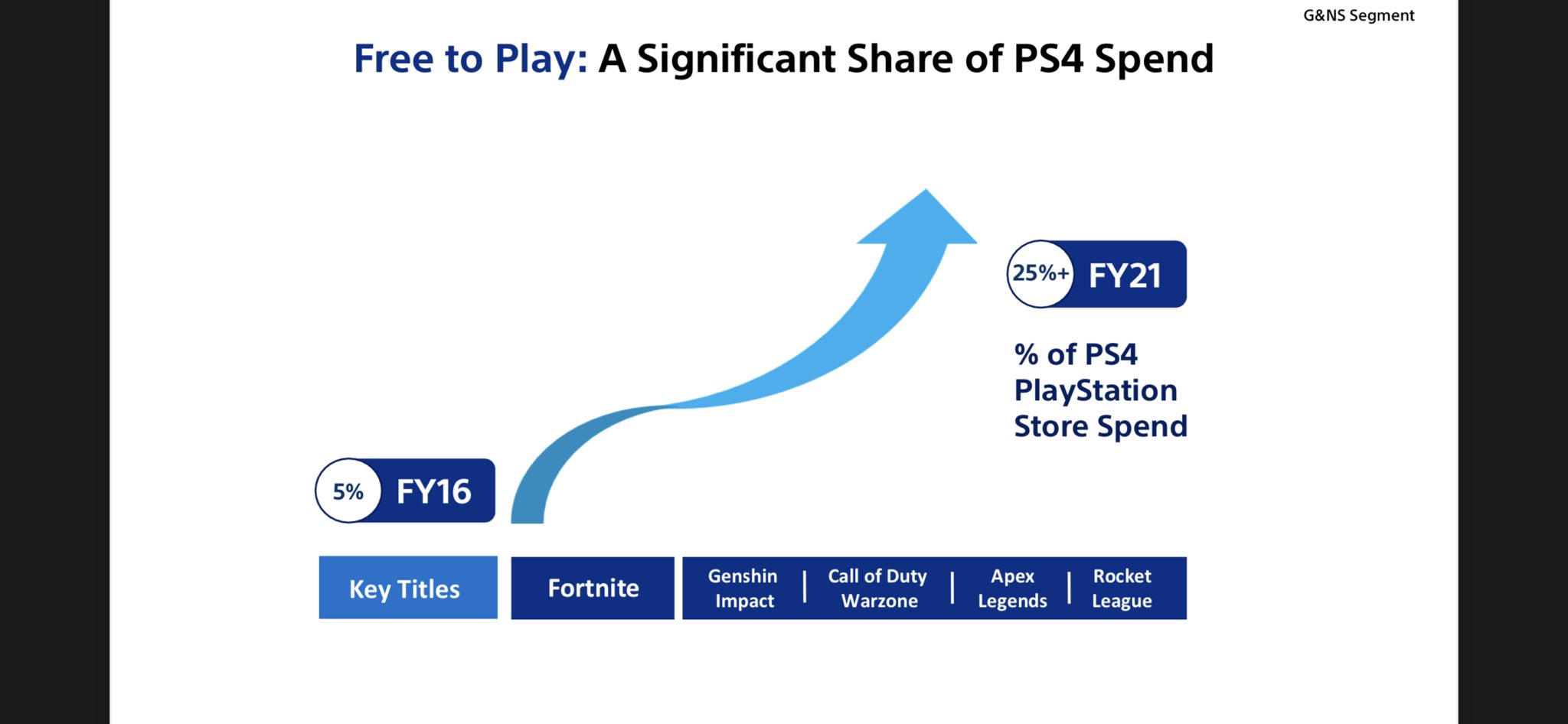- ARPDAUPosted 13 years ago
- What’s an impressive conversion rate? And other stats updatesPosted 13 years ago
- Your quick guide to metricsPosted 13 years ago
How low-tech could save console gaming
This is a guest post by Harry Holmwood (@hholmwood) originally published at Tenshi, where he works as a consultant.
As someone who grew up in the eighties, I remember fondly the introduction of the Compact Disc. Impossibly cool-looking, shiny discs, each apparently indestructible and capable of playing Dire Straits at unrivalled quality. A few failed audio and video formats later, DVD came along and did the same thing for video.
All that time, the message, from the manufacturers, to the media, to the man in the hi-fi shop was “if it sounds better, it is better”. And we listened to that message; and we heard that it was good.
Convenience over fidelity
But things started to change in the late nineties. MP3 players didn’t sound better. And once Apple married a cool, intuitive MP3 player to a vast, convenient digital store, the music world changed forever. Convenience beat fidelity.
It’s doing it again with video – I can watch a TV show live, in crystal-clear digital HD or, I can stream it from iPlayer when I want. At lower quality. Not bad quality, but I could have better, at the cost of just a little convenience. But I choose the convenience every time, and so do more and more people.
So, if convenience wins over visual and audio fidelity, what does that mean for gaming? Despite the impressive processing power available, the best selling smartphone and tablet games hardly push graphical boundaries, but, particularly when combined with a free-to-play business model, they can engage huge audiences.
People have low attention spans, and there are a million other things to do if engaging with your product is too much hassle.
So, if people don’t care so much about fidelity, what do they care about?
Cost of consoles
Price, for sure. The explosion of the free model, and revenue growth figures from apps which have made the move from premium to freemium. It’s both common sense, and demonstrable, that adding a payment barrier at the start of a game will greatly reduce the number of people who’ll ever start paying.
But – haven’t console games got the biggest payment barrier of all – the console? Could it be that the days of expecting users to pay upwards of £300 to start playing is coming to an end?
Consoles are incredibly expensive to develop, launch and manufacture. Development costs for games have rocketed as developers push graphics and content ever higher to take advantage of the consoles’ power. The biggest games must now sell millions of copies, at £40 or more, just to break even.
Outside of the hardest of the hardcore, who’s really going to be impressed if Call of Duty in 2015 looks even more realistic that it does today? Are we in danger of turning AAA gaming into an industry only for the most rabid enthusiasts? Is the console’s destiny akin to that of high-end audiophile systems, where the hardcore fool themselves into thinking they’ll have a better experience if they pay hundreds of pounds for ‘special’ speaker cable?
Does anybody really care?
We’re now anticipating announcements about new hardware from Microsoft and possibly Sony, later this year. Let’s be honest, as an industry, we’re not as excited about it as we used to be, are we? And if we’re not, how do we think the public’s going to feel?
Isn’t the better strategy perhaps to focus on removing the barriers to entry – getting the pricing of existing console platforms lower and lower and lower – until they’re genuine impulse buys?
For years now, it’s been possible to buy a DVD player for £30 or less. What would it mean for the industry if you could get a ‘current gen’ games console for a similar amount? Answer – everyone would have one. And what if an open pricing model, with both premium and freemium games distributed on demand, created a seamless, way to start playing? Now, it might not be possible to build a PS3 for less than £30 today, but it won’t be long before it is.
Free to play leads to innovation
My feeling is that by eliminating the barriers to entry for consumers, we’d open the door for real innovation from developers. Innovation that would drive new experiences, new business models and new customers and, in turn, pave the way for continued success in the console sector.
Right now, that innovation is all going into the web and mobile markets. With the right approach, that innovation might just return to the boxes under our TV screens.
I suspect it won’t happen – certainly not before it’s too late for the incumbent console manufacturers.















